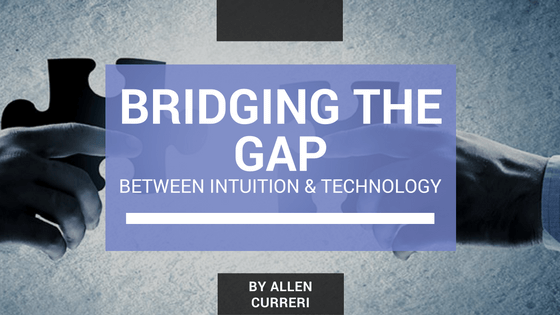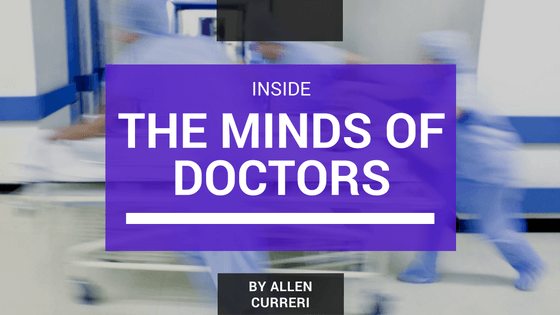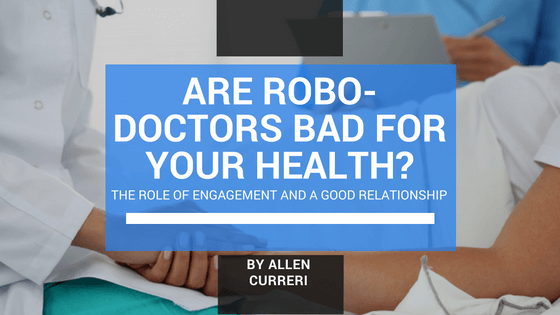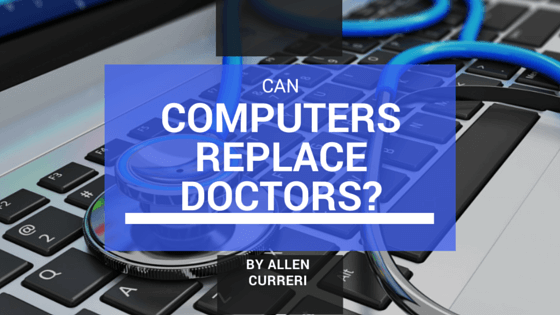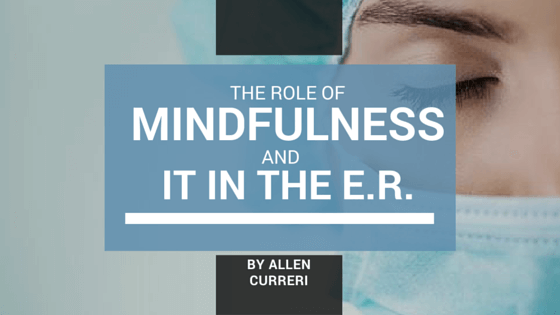Allen Curreri's Blog
Incentives for Computerized Care: How Can Hospitals Navigate Tech Without Compromising Patient Outcomes?
It’s not exactly a new insight to say that technology is the future. Both science and the popular imagination have been anticipating the development of super smart tech for decades, tech that will help us live longer, better lives on almost every front. Just like in the movies, however, this powerful technology can backfire if we don’t take the time to understand it properly and think critically about its integration.
The Old Guard and The New: Bridging the Gap Between Intuition and Technology in the Modern Hospital
Health has always been as much an art as a science. Since the beginnings of medicine, intuition has played a key role in a physician’s ability to diagnose and treat their patients. Now we are facing a shift in the very fundamentals of the practice. Intuition has begun taking a back seat to technologies like clinical decision support systems
Protect and Meditate: What We Can Learn from the Unlikely Police Partnership with Mindfulness
It’s hard to imagine a traditional cop — full uniform, crewcut, handcuffs snapped in and a firearm on the hip — sitting cross legged on a yoga mat to the sound of a gong. And yet, that’s precisely what more and more police officers have been doing in satellite programs across America and in the UK. That’s right: the latest, cutting edge police training is not in target practice or defensive strategy, but mindfulness.
Inside the Minds of Doctors: A Journey to Standardize Medical Mindfulness
When I was just starting out in the medical field I traveled door to door, hospital to hospital selling scanning equipment. As a young man, this put me in the unique position of being responsible for teaching new skills to doctors, even if it was only the operating instructions for an ultrasound. More importantly, those hours spent in the ER stuck me right on the front lines, experiencing firsthand the incredible demands many doctors face on a daily, even hourly basis. I watched as doctors were confronted with impossibly complex choices, witnessed as they made decisions in a matter of moments that would change the course of their patient’s lives forever after.
Are Robo-Doctors Bad For Your Health? The Role of Engagement and the Doctor-Patient Relationship
Technology has made almost every aspect of our lives faster, easier, more convenient, and information-laden. The smarter our computers get, the more we rely on them — and usually this is a good thing. Computers, after all, are able to store and process information in mind-boggling quantities, and more information should lead to better decisions. There are some situations, however, in which increased speed and impartiality can be dangerous.
Can Computers Ever Replace Doctors?
Each and every day, doctors make some of the most important decisions of their patient’s lives. The pressure is extreme, the stakes couldn’t be higher, and often the time frame is compressed into a few seconds. A few seconds to make a choice that could be the difference between life and death.
Doctors are highly trained, of course, and a good doctor draws upon vast expertise and years of experience. Still, anyone who has ever faced a challenging medical decision and sought a second opinion knows that even doctors vary in their interpretation of information and their subsequent recommendation — a recommendation which may have huge consequences for the patient.
The Role of Mindfulness and Information Technology in the Emergency Department
Innovative new IT products are appearing in EDs at a breakneck rate. But are these shiny new toys really leading to better medical care for patients? Our research suggests that the secret ingredient has to do with the mindset physicians adopt when they engage in the daily work of treating patients. To successfully juggle training, intuition, and technology, ED physicians need to be highly mindful.


